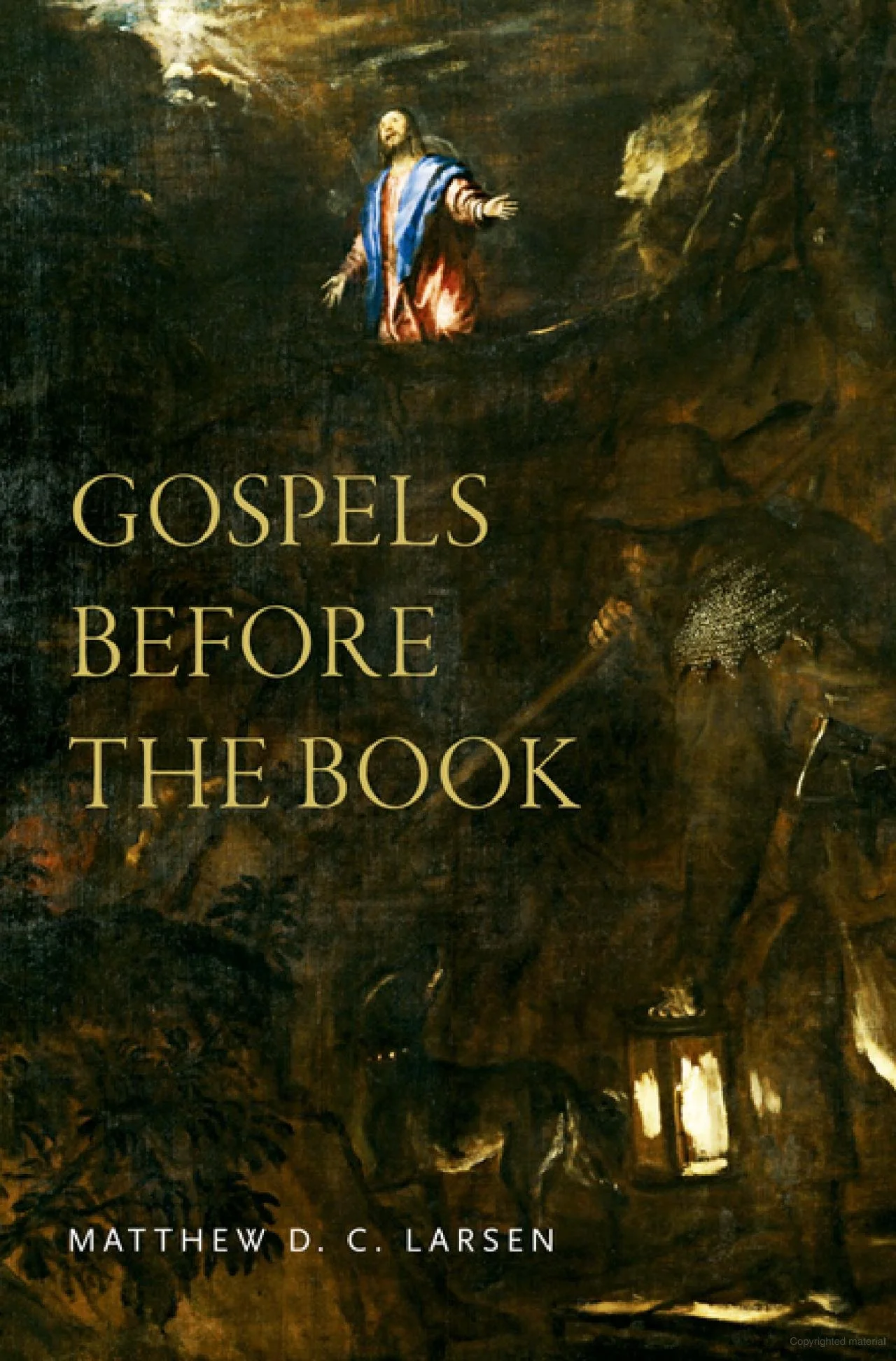This book examines the spaces, practices, and ideologies of incarceration in the ancient Mediterranean world, covering the period from 300 BCE to 600 CE. Analyzing a wide range of sources—including legal texts, archaeological findings, documentary evidence, and visual materials—Matthew D. C. Larsen and Mark Letteney argue that prisons were integral to the social, political, and economic fabric of ancient societies. Ancient Mediterranean Incarceration traces the long history of carceral practices, considering the ways in which the prison has been fundamentally intertwined with issues of class, ethnicity, gender, and imperialism for over two millennia. By foregrounding the voices and experiences of the incarcerated, Larsen and Letteney demonstrate the extraordinary durability of carceral structures across time and call for new historical consciousness to arise around contemporary practices of incarceration.
Ancient Mediterranean Incarceration
Press
University of California Press
Year
2025
Nobody Liked Paul
Two-season docuseries
Becoming curious and diving deeper into the context of the culture, geography, and society of ancient Rome, allows us to understand how and why Paul made the decision to travel to Rome. Was Rome his final destination? Or, by looking into the ancient world, can we see Paul had another destination in mind?
Network
Qava.tv
Year
2024
Gospels Before the Book
What does it look like to read the texts we now call the gospels like first- and second-century readers? There is no evidence of anyone regarding the gospel as a book published by an author until the end of the second century. So, put differently, what does it mean to read the gospels "before the book"? For centuries, the ways people discuss the gospels have been shaped by later ideas that have more to do with the printing press and modern notions of the author than ancient writing and reading practices. In Gospels before the Book, Matthew D. C. Larsen challenges several subtle yet problematic assumptions about authors, books, and publication at work in early Christian studies. He then explores a host of under-appreciated elements of ancient textual culture such as unfinished texts, accidental publication, post-publication revision, and the existence of multiple authorized versions of the same work. Turning to the gospels, he argues that the earliest readers and users of the text we now call the Gospel according to Mark treated it not as a book published by an author, but as an unfinished, open, and fluid collection of notes (hypomnmata). In such a scenario, the Gospel according to Matthew would not be regarded as a separate book published by a different author, but as a continuation of the same unfinished gospel tradition. Similarly it is not the case that, of the five different endings in the textual tradition we now call the Gospel according to Mark, one is "right" and the others are "wrong." Rather each represents its own effort to fill a perceived deficiency in the gospel. Larsen offers a new methodological framework for future scholarship on early Christian gospels.
Press
Oxford University Press
Year
2018
Gospels Before the Book
Press
Biblioteca Biblica 36
Year
2022
Italian translation of Gospels Before the Book
How Horrible Were Ancient Prisons? LIVE from SBL Podcast
If you thought everyday life in the 1st century was disgusting, wait until you step inside a Roman prison. In our very first LIVE episode, we talk with Matthew Larsen, historian of ancient incarceration, about the conditions Paul and other early Christians experienced in ancient prisons — nasty food, nastier smells and what it meant to be sent off to the mines.
Members of the Time Travelers Club can watch a video version of the podcast! This episode was recorded LIVE at the 2024 SBL Global Virtual Meeting. Special thanks to Christopher Hooker and the SBL staff for including us in this international showcase of biblical scholarship.
For even more from Matthew Larsen, check out his six-part documentary series "Nobody Liked Paul" on Qava. The first episode is free on YouTube.









